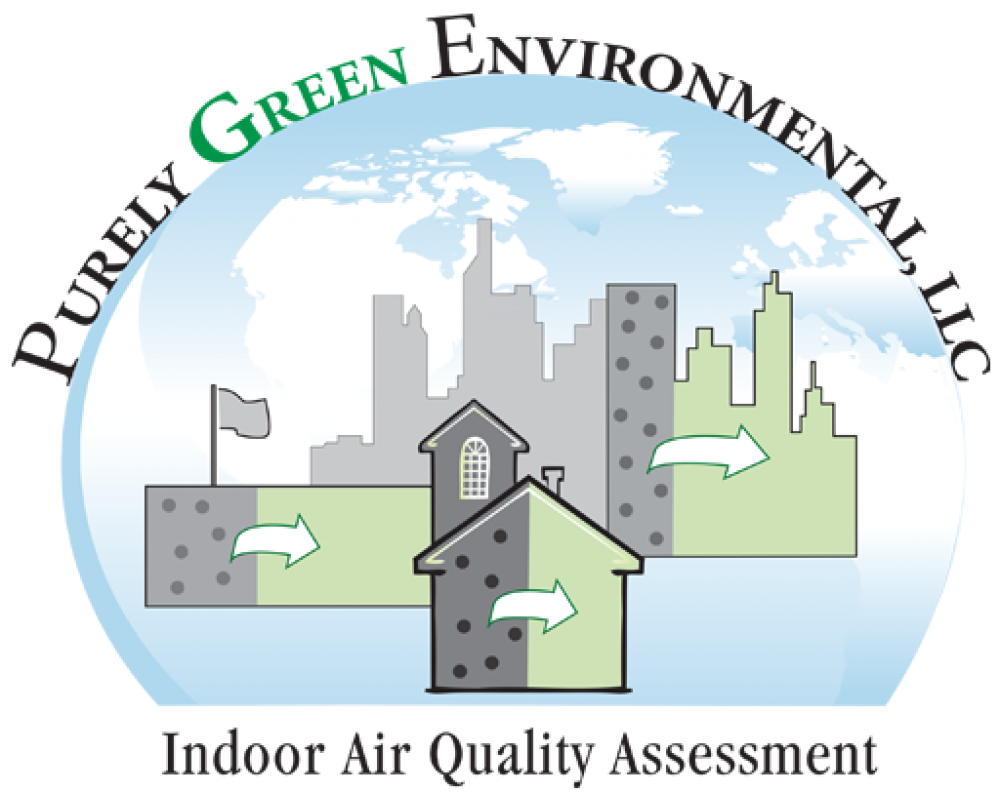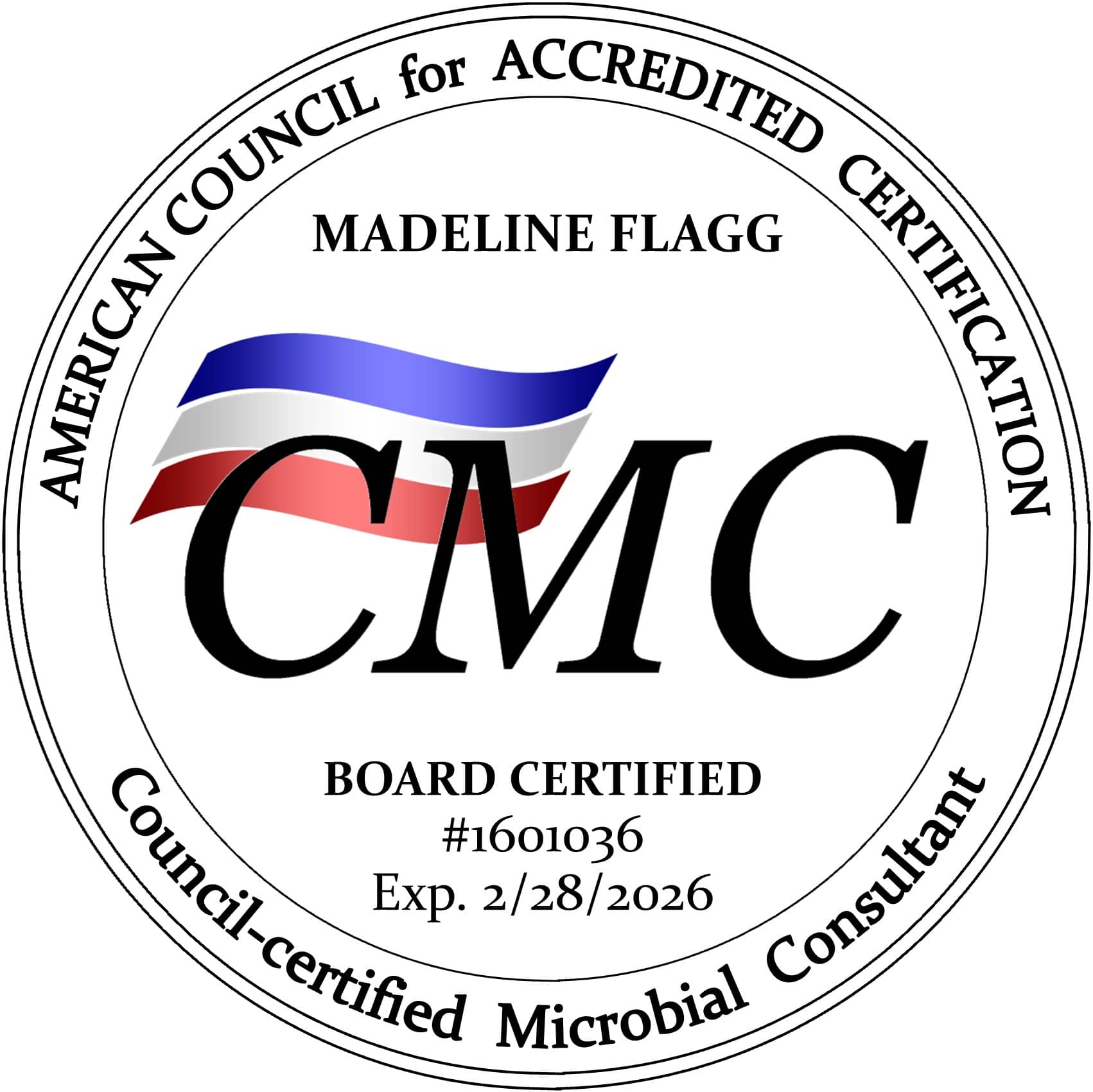Sometimes mold exposure is not always immediately visible or apparent. Because of this, some individuals may endure some symptoms caused by toxic mold and be unaware of the cause. That’s why, this month, your local Massachusetts mold expert at Purely Green Environmental is here to discuss three common signs and symptoms of mold exposure. By understanding the warning signs, you can take proactive measures to protect yourself and your loved ones from the potential health risks associated with mold exposure.
Allergic Reactions
Mold spores can trigger allergic reactions in some individuals within the home. These reactions can manifest as frequent sneezing, coughing, itchy or watery eyes, nasal congestion, or skin irritation. These symptoms may also become more pronounced or persist when spending time in specific areas of the home where mold is present.
Respiratory Issues
The respiratory system can be significantly affected by mold exposure, especially those with existing respiratory conditions such as asthma and other conditions. Individuals exposed to toxic mold may experience respiratory problems such as frequent or worsening asthma attacks, shortness of breath, difficulty breathing, chest tightness, or a persistent cough.
Fatigue and Weakness
Mold exposure can contribute to persistent fatigue, weakness, or a general feeling of restlessness. The body’s immune response to mold toxins can drain energy and leave individuals feeling tired and drained. This fatigue may be noticeable even after a good night’s sleep and can impact daily activities and overall well-being.
Cognitive and Neurological Symptoms
Mold exposure has been associated with cognitive and neurological symptoms in some individuals. These symptoms can include things like difficulty concentrating, memory problems, brain fog, headaches, dizziness, and confusion. The presence of mold toxins in the indoor environment can potentially affect brain function and lead to these cognitive and neurological issues.
Increased Sensitivity to Odors
People exposed to toxic mold may develop a heightened sensitivity to odors, especially those associated with mold. They may notice a musty or earthy smell in their home, even if others do not detect it. This increased sensitivity to odors can indicate that mold growth is potentially present and affecting their health.
Gastrointestinal Issues
An additional symptom of mold exposure is the onset or exacerbation of gastrointestinal problems. Some individuals may experience digestive issues such as nausea, vomiting, abdominal pain, etc. While the exact cause for this is not fully understood, it is believed that mold toxins can potentially irritate the gastrointestinal system, leading to these symptoms.
Purely Green Environmental | Massachusetts Mold Expert
It’s important to keep in mind that while these are common symptoms of individuals that are exposed to mold, these can also be caused by other factors. If you suspect mold exposure in your home and are experiencing these symptoms, we encourage you to contact our team today to schedule an inspection.





